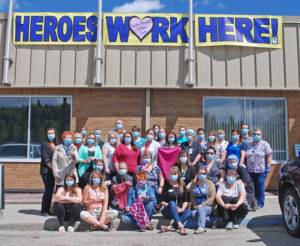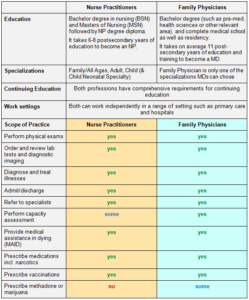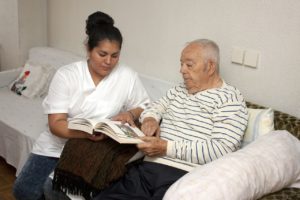Scope of practice defines the type of care a specific health profession can provide. Understanding the roles of each health profession is essential to match a health workforce with community need. Click the expandable menu below for individual articles about understanding the roles of different health-care providers.
What is Scope of Practice?
When we talk about what different health professionals do and the care they provide, we often talk about their scope of practice. What does that really mean?
Scope of practice is the range of health-care tasks, decisions or activities that a qualified, licensed health-care professional is deemed competent to perform, and permitted by their professional colleges to undertake.
Professional colleges regulate the scope of practice for each profession based on their education and experiences. A scope of practice is a general boundary and does not necessarily mean that an individual provider has the knowledge, skills, or experience to safely perform all activities that are allowed. For example, the scope of practice for an experienced health-care provider and a new graduate may be different. The scope of practice can also vary based on where the health professional is practicing.
Health professionals have to make sure that an activity or procedure is within their scope of practice. They can do that by asking themselves the following three questions:
- Is the procedure or activity within my legislated scope?
- Is the procedure or activity supported by my employer and practice setting?
- Do I have the knowledge, skills, and judgement to perform the procedure or activity?
They can only perform the procedure or activity if they can answer ‘yes’ to all three questions.
Knowledge and skills change as health practitioners gain more work experience in different settings. Health-care providers have to stay up to date in their knowledge and skills through annual professional development.
Health-care professionals must understand their own scope of practice and the scopes of practice of other providers they work with. This is particularly important if they hand over care activities of patients to another health-care provider. Scope of practice is an important regulation to keep patients and practitioners safe.
The College of Licensed Practical Nurses (LPNs) of Alberta has developed a tool to help LPNs decide if an activity or procedure is within their scope of practice. While targeted to LPNs, the questions may also help other health-care providers to make safe practice decisions.



